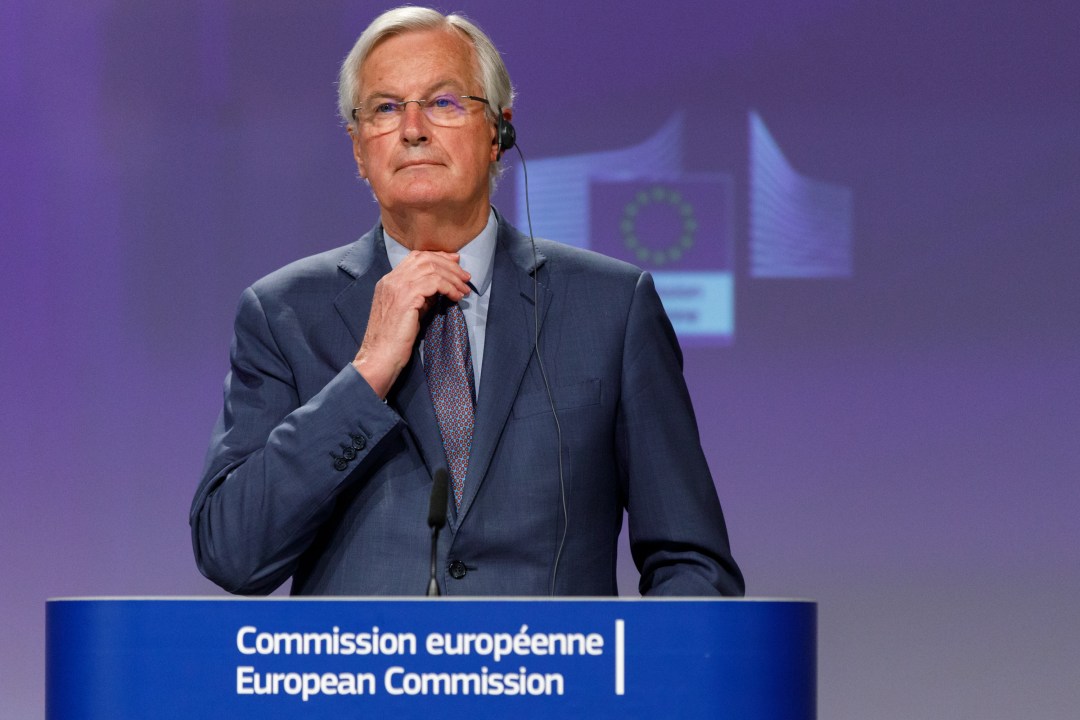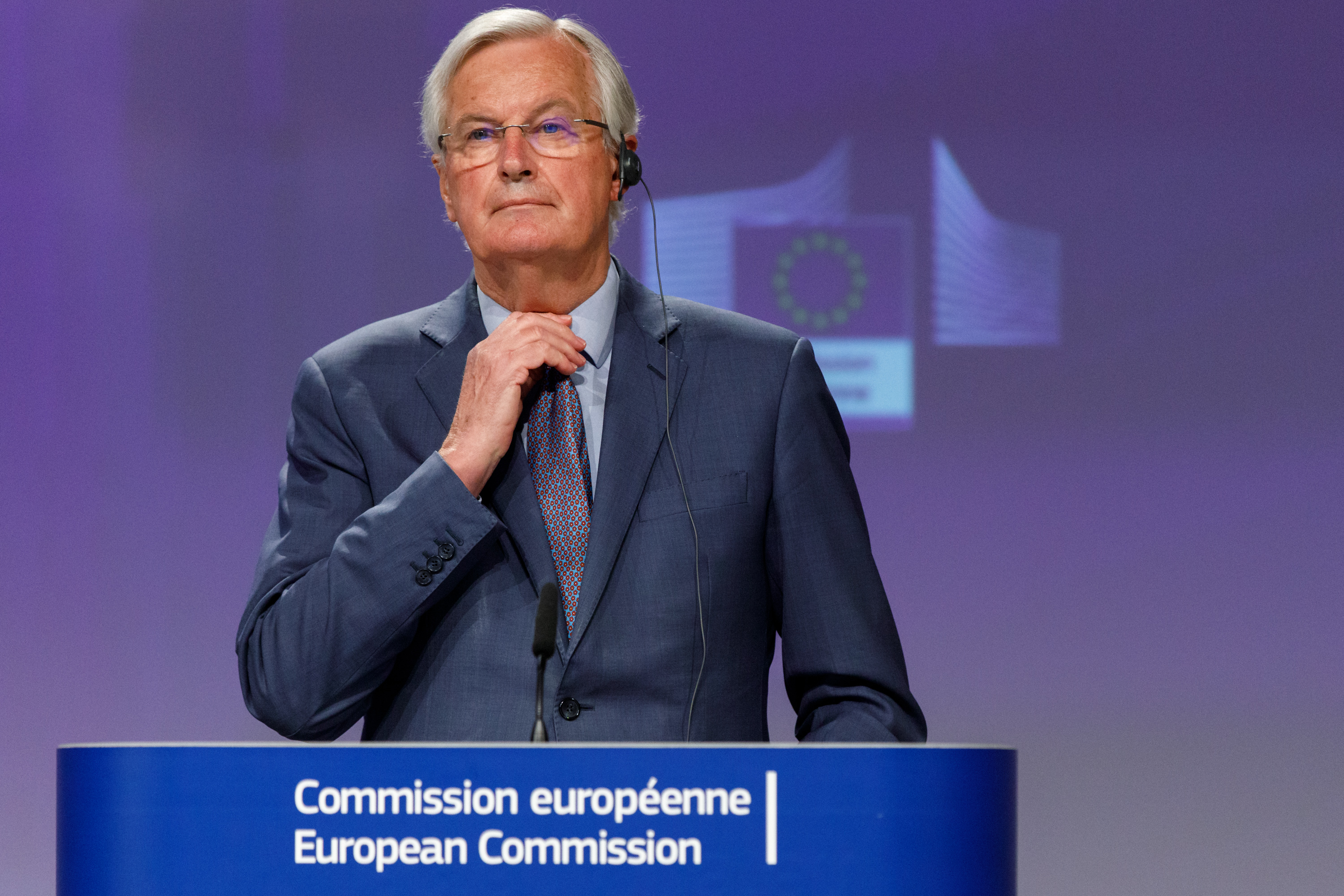Although the coronavirus pandemic means that we are living in uncertain times, some things remain predictable. As is the case with the current Brexit talks where Michel Barnier has bemoaned a lack of progress. As round two of the UK-EU negotiations comes to a close, the EU’s chief negotiator has voiced his disappointment – while a UK government spokesperson says ‘limited progress was made in bridging the gaps’ between the UK and the EU.
While there are still two rounds of talks to go before the end of the transition period in December, at present the two sides remain far apart. The UK is pushing for a Canada-style free trade agreement and should that fail has said it will pivot to an Australia-style deal (which would rely heavily on WTO terms). A UK government spokesman said that while there has been some convergence on goods, issues remain when it comes to agreeing their first preference of a free trade agreement. Remaining crunch points include the EU’s push for level playing field clauses and a role for the European Court of Justice as well as the issue of fisheries where Brussels wants to keep current access provisions:
We regret however that the detail of the EU’s offer on goods trade falls well short of recent precedent in FTAs it has agreed with other sovereign countries. This considerably reduces the practical value of the zero tariff, zero quota aspiration we both share. There are also significant differences of principle in other areas. For example, we will not make progress on the so-called ‘level playing field’ and the governance provisions until the EU drops its insistence on imposing conditions on the UK which are not found in the EU’s other trade agreements and which do not take account of the fact that we have left the EU as an independent state. On fisheries, the EU’s mandate appears to require us to accept a continuance of the current quotas agreed under the Common Fisheries Policy. We will only be able to make progress here on the basis of the reality that the UK will have the right to control access to its waters at the end of this year.
The lack of significant progress is in many ways unsurprising. Even before the coronavirus pandemic, few on the UK side expected a breakthrough this early on. The comments on Friday fit into a pattern when it comes to UK-EU Brexit talks over the past few years. It’s the view of a number of government figures that a deal is likely to be done much closer to the deadline. At present, ministers complain that those on the EU side do not take the UK’s position seriously and presume they will move as May did. Time is seen as key to changing this dynamic.
However, coronavirus does add another factor to the talks when it comes to pressure for an extension to the transition period. Barnier said today that a decision on whether to extend the transition period was needed by June. While the UK government has made clear that the coronavirus pandemic does not change the timeline and they will send no request, it is still the case that the EU could see things differently and request one.








Comments